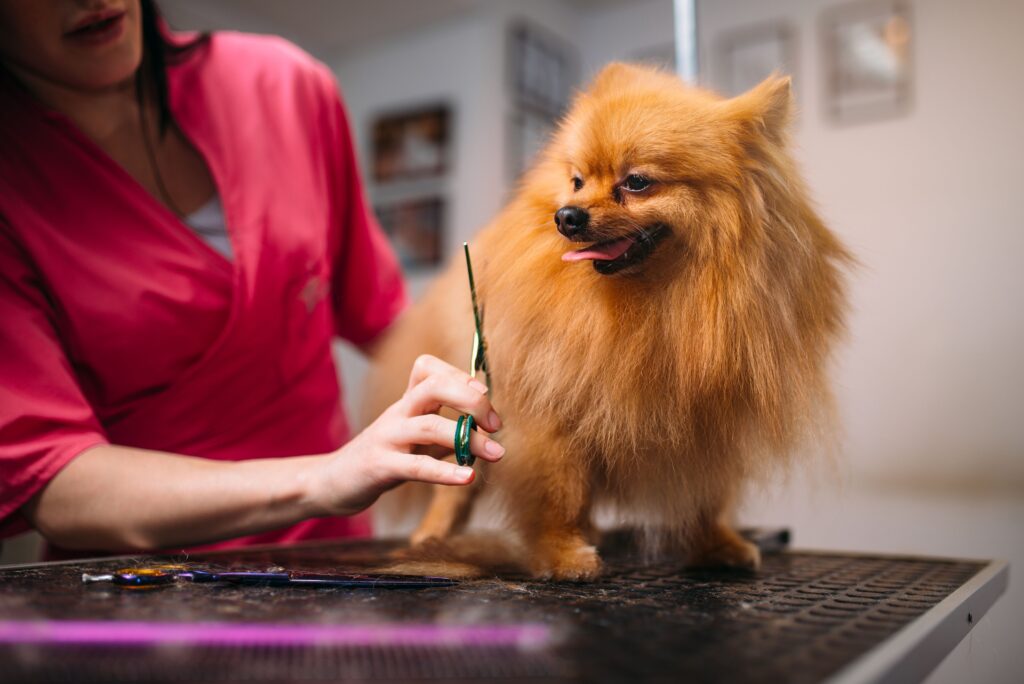Bringing a puppy into your home is an exciting and rewarding experience, but it also comes with a great deal of responsibility. Ensuring your furry friend grows up to be a happy and healthy companion requires dedication, patience, and a well-thought-out approach to puppy care. One of the first steps in providing a solid foundation for your puppy is establishing a routine. Consistency in feeding, potty breaks, and playtime helps your puppy feel secure and learn essential behaviors. Nutrition is paramount in the early stages of a puppy’s life, as it directly impacts their growth and development. Consult with your veterinarian to choose a high-quality puppy food that meets their specific needs. Regular veterinary check-ups are crucial to monitor your puppy’s health, administer vaccinations, and address any concerns. Early socialization is a nether key component of a well-rounded puppy upbringing. Exposing your puppy to various people, places, and situations helps them become more adaptable and less anxious as they grow. Introduce positive reinforcement training early on to establish good behavior patterns and strengthen the bond between you and your pup.

Creating a safe and stimulating environment is vital for a puppy’s well-being. Puppy-proof your home by removing potential hazards and providing a designated space for your puppy to play and explore. Toys are not only entertaining but also essential for teething and mental stimulation. Rotate toys regularly to keep your puppy engaged and prevent boredom. Supervise playtime to ensure your puppy does not ingest anything harmful. Regular exercise is crucial for a puppy’s physical and mental health. Tailor activities to your puppy’s breed and energy level, incorporating both play and structured walks. A tired puppy is less likely to engage in destructive behaviors, making regular exercise an investment in a well-behaved companion. Additionally, grooming is an integral part of puppy care. Brush your puppy’s coat regularly to prevent matting and promote a healthy shine. Introduce them to bathing and nail trimming early to make these experiences more comfortable as they grow.
Consistency is key; reinforce good behavior consistently, and avoid inadvertently rewarding undesired actions. Puppy classes can provide structured training sessions and socialization opportunities with other dogs. Be patient and understanding, as puppies are learning about the world around them. It is essential to establish trust and build a positive association with training. As your puppy grows, continue to reinforce good behavior and address any emerging challenges promptly. Regular health care maintenance is fundamental in raising a healthy puppy. Keep up with vaccinations, parasite prevention, and dental care. Your veterinarian can provide guidance on the appropriate schedule for these aspects of puppy healthcare and view the page http://shafe.n5net.com/2016/04/03/evp/. Pay attention to your puppy’s body language and behavior, as subtle changes may indicate underlying health issues. Early detection and intervention can make a significant difference in their overall well-being. In conclusion, mastering puppy care requires a holistic approach that encompasses routine, nutrition, socialization, environment, exercise, grooming, training, and healthcare.
